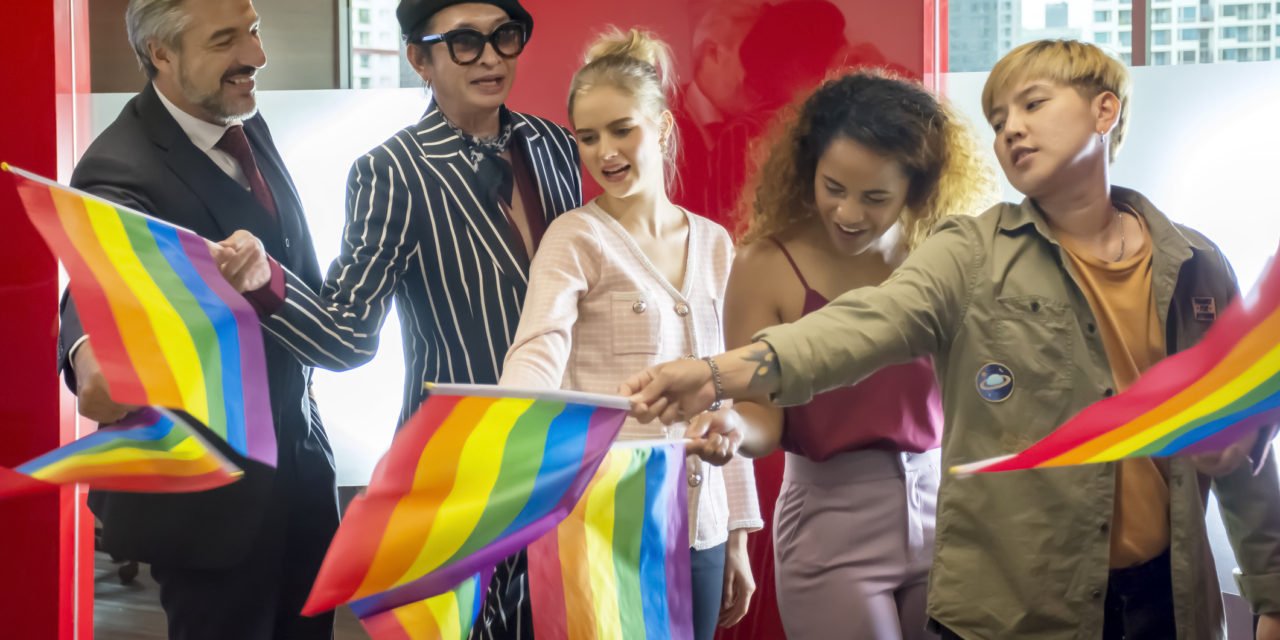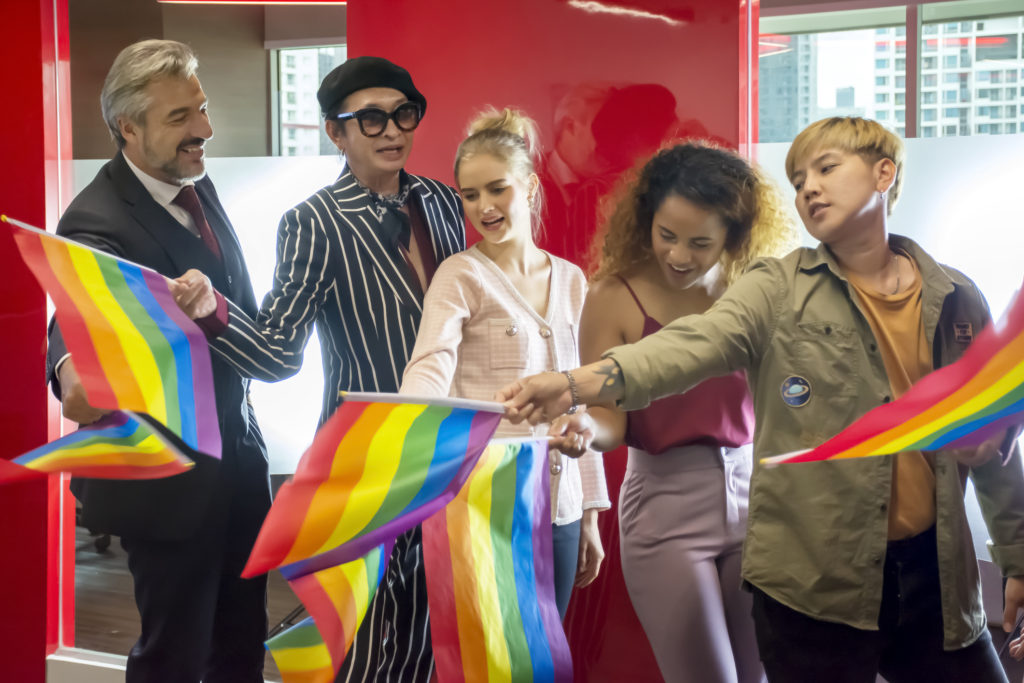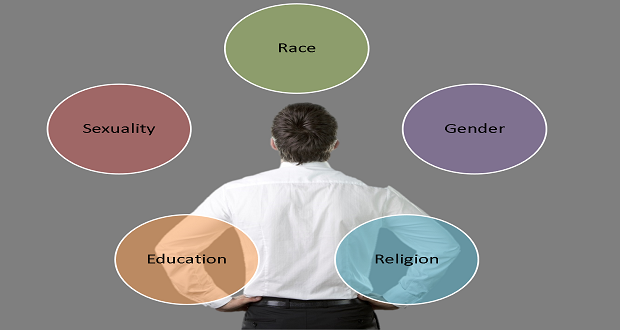June is, of course, Pride Month. If the parades and performances that we missed last year popping back up weren’t enough of a reminder, check your coffee cups, promotional emails and Oreos. Last week, my partner brought me a coffee and a rainbow sticker that had come with it, along with a note. It explained that a customer had recently complained about the rainbow sticker, and offered the coffeeshop’s response: a re-commitment to love, kindness and truth. As a queer-identified woman and a practitioner tuned into organizations’ responses to systemic inequities, I took note.
And… I wondered how many organizations visibly and vocally supporting Pride Month in their communications would take this same approach to affirming their commitment to racial justice. How many made commitments in the wake of George Floyd’s murder but have since been silent, stepped back or directly contradicted those commitments?
How many orgs visibly and vocally supporting Pride Month would take this same approach to affirming their commitment to racial justice? Click To Tweet How many made commitments in the wake of George Floyd’s murder but have since been silent, stepped back, or directly contradicted those commitments? Click To TweetThe enthusiasm companies demonstrate to stand with the LGBTQ+ community is certainly not above critique. A study recently found that 25 large corporations advertising their support of Pride had collectively donated over $10 million to politicians who oppose LGBTQ+ rights. It is exactly these types of revelations that underscore critical perceptions of companies as branding a holiday or monetizing peoples’ identities as a PR stunt.
There may be multiple levels of hypocrisy at play, but one of the most upsetting is the apparent estimation on the part of companies that LGBTQ+ rights have become “mainstream” enough that expressing support for them is a safe wager to make in marketing (“even if we lose some customers, we’ll gain more”) while they are by and large unwilling to enforce a similarly unapologetic stance when it comes to racial injustices. Essential to note here: the first Pride was originally a protest led by Queer and Trans people of color who paved the way for LGBTQ+ rights and protections that exist today.
If we are truly committed to love, kindness and respect for all of humanity, supporting Pride Month but not other justice-centered causes is arbitrary and woefully inadequate – not only because these values and rights should extend to all communities, but also because identity and experiences are intersectional. What does it mean for a gay Black man to have the right to marry someone he loves, but fear for his life at a traffic stop? What does it mean for a trans person of color to have legal protection against workplace harassment yet make less than 60% of what their white peers make? How do we justify standing with one facet of someone’s identity while looking the other direction as another facet places them in direct harm in the context of the same oppressive systems?
If we are truly committed to love, kindness and respect for all of humanity, supporting Pride Month but not other justice-centered causes is arbitrary and woefully inadequate. Click To Tweet How do we justify standing with one facet of someone’s identity while looking the other direction as another facet places them in direct harm in the context of the same oppressive systems? Click To TweetIn addition to the fact that they may present us with uncomfortable truths to reconcile, reluctance to face these questions may lie in the fact that white Americans have proved fickle in our support for Black Lives Matter; at our peak, directly after George Floyd’s murder, 43% of us supported the Black Lives Matter movement. Since then, this number waned until it returned to its previous rate of 37%. This is utterly shameful… yet it is a reality. Rather than setting a tone for white solidarity, predominantly white corporate leaders have thus far chosen to take their cues from the lack thereof.
In the context of today’s American culture, where a recent study found residents trust CEOs over their own government, complicity on the part of these CEOs has a very real price. Corporate silence or reluctance to openly support racial justice represents a significant barrier to progress that could absolutely be within reach if corporate leaders made this commitment clearly and unapologetically. It is a moral imperative as we look to the future and take on the challenge to co-create a better world.
Corporate silence or reluctance to openly support racial justice represents a significant barrier to progress that could be within reach if leaders made this commitment clearly and unapologetically. Click To Tweet



















